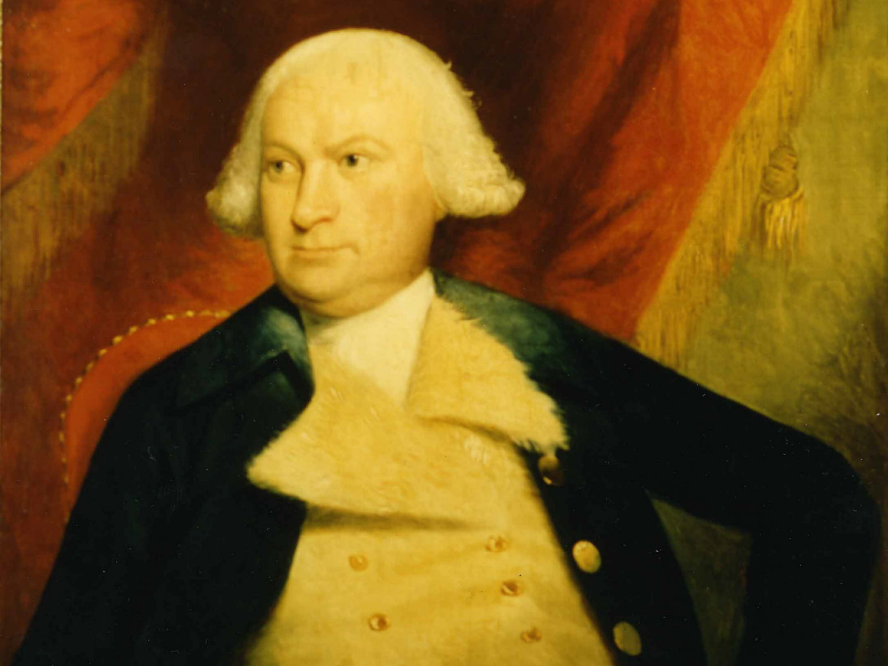On the 20th of June in 1787, at the Constitutional Convention in Philadelphia, Oliver Ellsworth moved to confine legislative powers to two distinct congressional bodies, and to strike the word “national” from the document. Edmund Randolph of Virginia had previously moved successfully to call the government the National Government of United States. Ellsworth moved that the government should continue to be called, simply, the United States of America.
The final wording eventually became “All legislative powers herein granted shall be vested in a Congress of the United States, which shall consist of a Senate and House of Representatives.”
The words “nation” and “national” do not occur anywhere in the Constitution as ratified by the original set of states, or as amended.
John F. Kennedy authored the Encyclopædia Britannica’s article on Ellsworth. This was Kennedy’s only contribution to the encyclopedia.
The image, above, is of a portrait of Oliver Ellsworth by Ralph Earl (1785); it is housed, perhaps with a tinge of irony, in the National Portrait Gallery.
